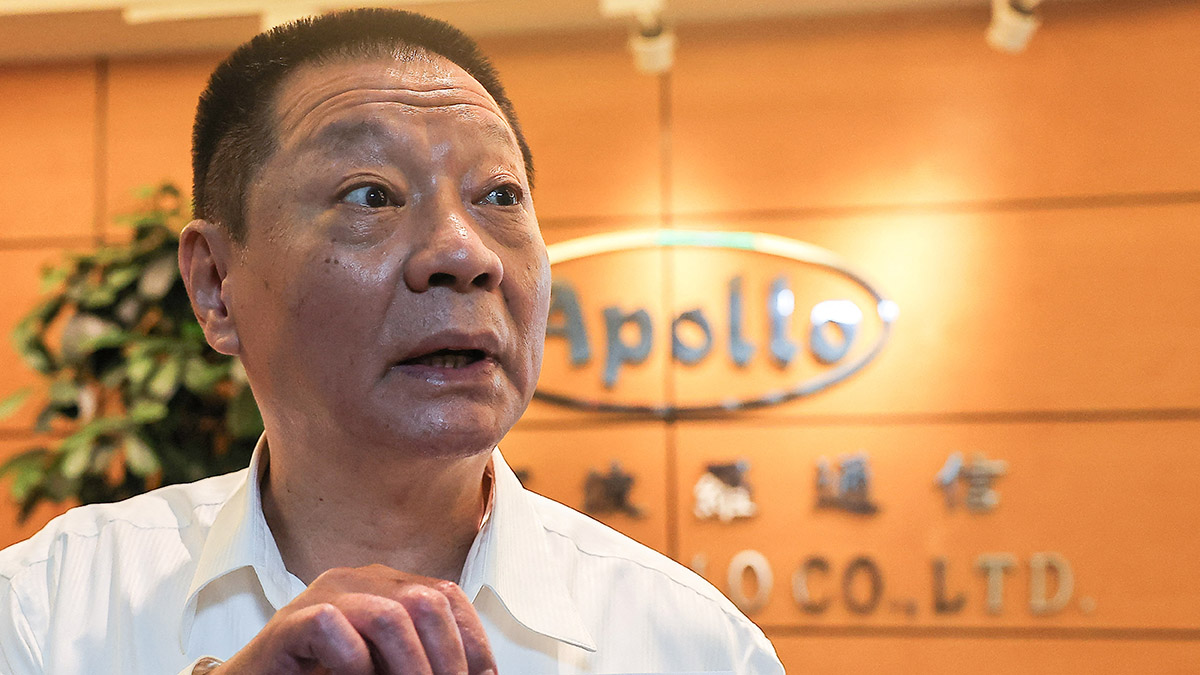For Hsu Ching-Kuang, founder of Taiwan-based Gold Apollo, Wednesday morning brought an unprecedented jolt of distress. Reports from around the world were brimming with allegations that the pagers involved in the catastrophic explosions in Lebanon on Tuesday bore a striking resemblance to those manufactured by Gold Apollo. The AR924 model, in particular, was highlighted for its distinctive format and stickers, which seemed to match those of Gold Apollo’s products. This sudden link between his company and a tragedy was a shock of monumental proportions.
Swift denial amid growing suspicion
In a bid to distance himself from the unfolding scandal, Hsu Ching-Kuang was quick to issue a denial. He asserted that Gold Apollo was not the manufacturer of the problematic pagers but rather that a lesser-known company named BAC was using Gold Apollo’s brand under a licensing agreement. Hsu’s swift denial aimed to quell the rising tide of suspicion but did little to diminish the looming threat to Gold Apollo’s reputation.
From humble beginnings to global reach
Gold Apollo’s journey began in October 1995, with the company specialising in POCSAG and FLEX protocol pagers. Initially focussed on numeric pagers for the Taiwanese market, Gold Apollo carved out a niche in domestic communication solutions. By the late 1990s, the company seized the opportunity to expand its reach, introducing alphanumeric pagers that allowed it to tap into international markets. This shift marked the beginning of Gold Apollo’s transformation from a regional player to a global contender.
Diversification and innovation
As the pager industry waned, Gold Apollo adapted by diversifying its product offerings. The company ventured into RF technology, developing transmitters, receivers and wireless LED displays. This strategic pivot allowed Gold Apollo to cater to a broader range of industries including healthcare, hospitality and various other sectors that relied on reliable communication systems. This evolution from a pager manufacturer to a technology provider underscored Gold Apollo’s ability to adapt to changing market demands and technological advancements.
Impact Shorts
More ShortsA low profile
Despite its significant contributions to automation and control systems, Gold Apollo has maintained a relatively low profile, especially given its influential role in Taiwan’s automation sector. The company offers a comprehensive array of products including programmable logic controllers and human-machine interfaces, which are critical in manufacturing, process control and precision applications. Its smart factory solutions, integrating Internet of Things technologies, have positioned Gold Apollo at the forefront of Industry 4.0, helping industries optimise production and reduce operational costs.
A crisis of reputation
Gold Apollo’s modest status, despite its key role in automation, is definitely challenged by the recent crisis. Although the company is not listed on major stock exchanges like the Taiwan Stock Exchange, its impact on various industries is significant. The association of Gold Apollo’s name with the Lebanon explosions has thrust it into an unexpected and highly sensitive spotlight. The implications of this connection could be severe, potentially affecting the company’s reputation and business operations.
Significantly, the company’s website could no longer be accessed.
Navigating the future
As the investigation into the explosions continues, the future of Gold Apollo remains uncertain. Whether the company will be able to disassociate itself from the tragedy or face significant repercussions is yet to be seen. For Hsu Ching-Kuang and his team, this crisis represents a defining moment that could alter the trajectory of Gold Apollo’s longstanding legacy of innovation and growth. The coming days will be crucial in determining whether the company can navigate this tumultuous period and restore its standing in the global market.


)

)
)
)
)
)
)
)
)



